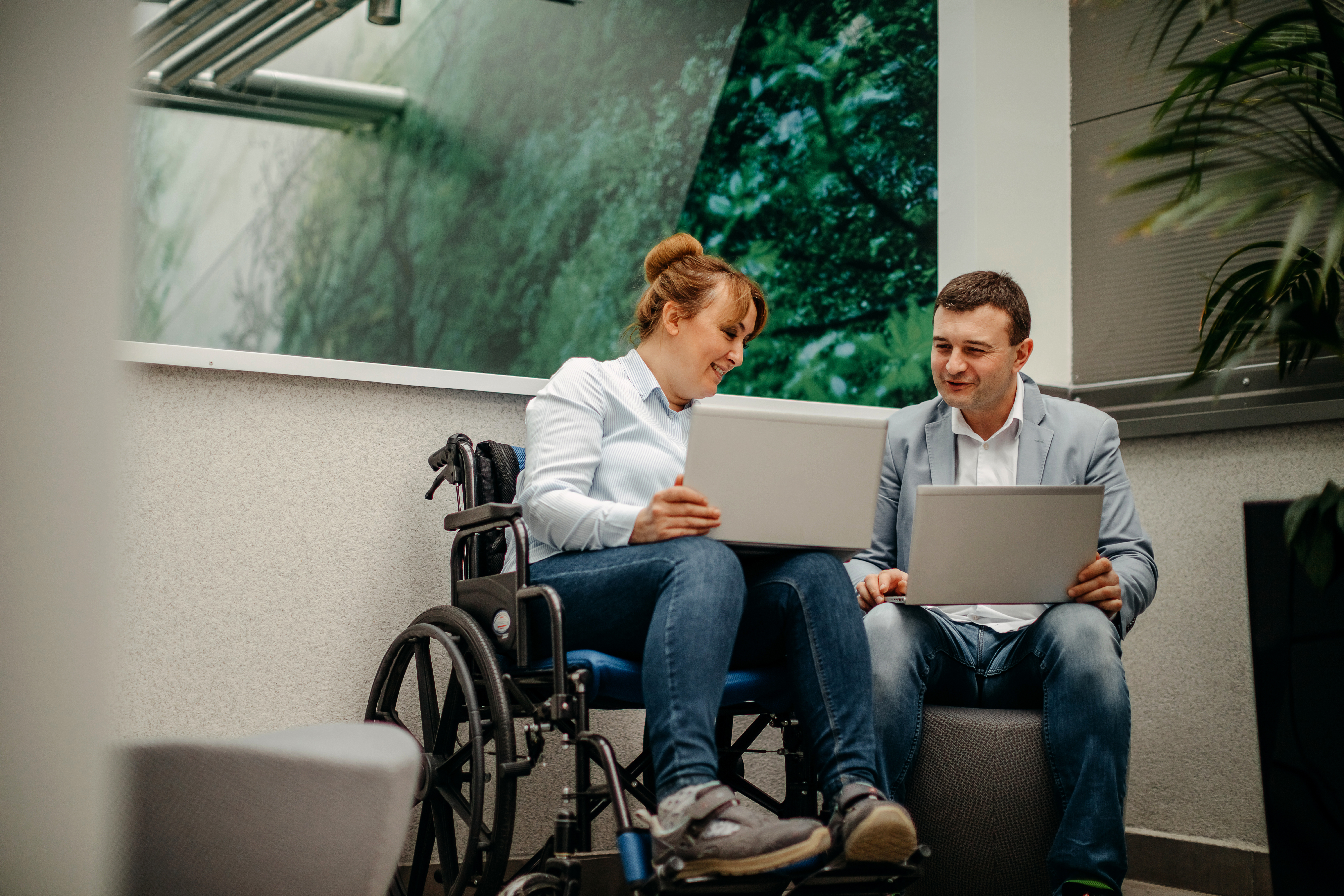A well-designed NDIS navigator will deliver for people with disability
A national consultation of people with disability, their families and carers by InsightLED Research and commissioned by nib Thrive, has shown high levels of support across the community for the introduction of specialised ‘navigators’ recommended by the review of the National Disability Insurance Scheme (NDIS).

Independent research backs the NDIS Review’s recommendation to introduce a new co-designed navigator to Australia’s disability sector
International best practice and co-design will lead to better outcomes for people with disability, and savings to government, helping to make the NDIS more sustainable
The research proposes four models for consideration with a focus on participant input, continuity of service, access, and participant choice.
Independent economic research has backed the NDIS Review Committee’s recommendation to introduce ‘navigators’ into Australia’s disability sector, with the recommendation expected to result in better outcomes for people with disability as well as deliver savings to government, if co-designed and well implemented.
In a report written by economists Dr Angela Jackson, Brad Ruting and Nathan Blane, Impact Economics and Policy supported the government-commissioned review of the NDIS, released in December 2023. That review, which made 26 recommendations and listed 139 actions to change the system to better support people with a disability, recommended a new type of intermediary for those in the NDIS - from general to specialist ‘navigators’.
Dr Jackson said the review’s recommendation to replace existing intermediaries with ‘navigators’ could improve the quality of life for people with a disability - both those with NDIS packages and those accessing foundational supports - by enhancing access to services and supports that meet their needs.
“Good navigator policy can be a win for people with disability, their carers and families, and help put the NDIS on a more sustainable footing,” Dr Jackson said. “There is an opportunity on the back of the NDIS Review to use a well-designed navigator function to help make the market for disability services work better and deliver the outcomes it was intended to deliver.”
Dr Jackson estimates total cost savings to the NDIS from effective navigation could be as large as $2.3 billion to $5.2 billion a year, by 2033, up to about 9% of future projected costs.
The federal Government currently spends more than $2 billion a year on intermediaries in the NDIS, “but they are not fulfilling their potential to drive higher quality, better access and lower costs to the scheme”, the report, Navigating Towards a More Sustainable and Supportive Market for Disability Services states.
Currently, intermediaries include plan managers, support coordinators, and local area coordinators. “In practice, there has been a duplication of functions across intermediaries, conflicting priorities and uneven access to support for people with a disability. Many intermediaries are small scale, and some have a conflict of interest because they are also providers of disability services,” the report states.
Dr Jackson said, “If designed well, navigators will simplify the intermediaries’ sector, making the experience of navigating the NDIS a simpler one for participants and their families, whilst doing away with waste, duplication and improving fraud protections.
Dr Jackson said Impact Economics and Policy developed four potential navigator models, drawing on international best-practice and assessing each model for its potential to deliver quality, access and cost effectiveness.
Navigation could be delivered by companies, not-for-profit organisations, or partnerships. All models must have co-design at their core. The four proposed models include:
An open market, where any organisation can compete for customers, similar to the current state for support coordination, with participants choosing their own navigator.
A competitive process to appoint a navigator within a local area, with contracts awarded for three to five years. Under this model, people with a disability are assigned a navigator.
Curated competition, which involves the Government running a competitive process to select about 30 navigators nationally. People with a disability choose their own navigator, although ‘navigators of last resort’ are a feature of this model guaranteeing access to all.
Curated competition with fund holding that allows navigators to procure supports and services on behalf of NDIS participants, who still have choice and control over providers. Navigators are appointed in a competitive process, as in model 3.
Dr Jackson said models 3 and 4 offer greater potential than 1 and 2. These models provide stronger incentives for navigators to deliver high-quality, responsive support that meets people’s needs. They provide choice and control and an ability for participants to switch if unhappy. Larger-scale models allow for investment in capacity building and good service models, plus leverage with suppliers. This can result in efficiencies and better service.
Navigators that are ‘fund holders’ have even stronger influence over service providers. Commissioning services is a powerful tool for addressing deficiencies.
“Impact Economics and Policy estimates effective navigation could reduce government expenditures on intermediaries for NDIS participants. The potential savings are large. They would go some way towards offsetting the cost of making navigation available to the 1.9 million people with a disability who are not in the NDIS.”
The report states better navigators would push back on over-servicing, fraud and providers who take advantage of participants. “Total cost saving to the NDIS from effective navigation could be as large as $2.3 billion to $5.2 billion a year by 2033 – up to about 9% of future projected costs.”
With other reforms, an effective navigator model offers a clear path towards a sustainable and supportive market for disability services. “Further work is needed to deliver a navigation model that delivers the best outcomes,” the report states. As governments move through a re-design process, with participants, priority must be given to ensuring all participants have continuity of service and support.
The independent report was paid for by nib Group, to help inform Commonwealth, State and Territory governments as they embark on consultation and co-design with participants, their families and communities. nib had no direct input into this report.
Have a media enquiry?
If you have a media query, get in touch today.